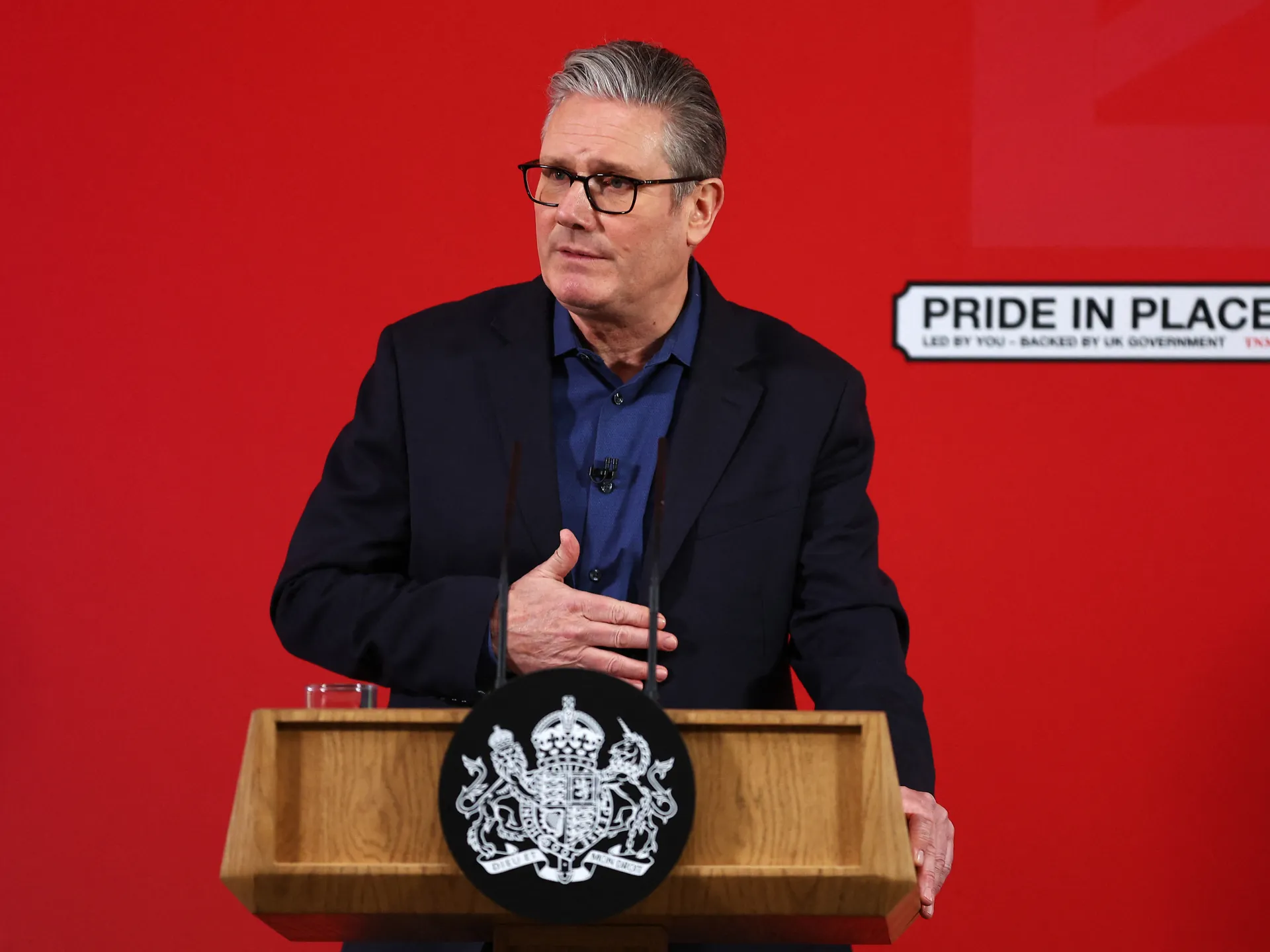UK PM Starmer’s communications chief quits amid Epstein scandal fallout | News
Tim Allan steps down a day after Starmer’s chief of staff, Morgan McSweeney, quits, adding pressure on the PM.
Published On 9 Feb 2026
United Kingdom Prime Minister Keir Starmer’s communications chief, Tim Allan, has stepped down as the leader of the governing Labour Party faces fallout from the Jeffrey Epstein scandal.
The move on Monday came a day after Starmer’s chief of staff, Morgan McSweeney, also quit.
Recommended Stories
list of 4 itemsend of list
“I have decided to stand down to allow a new No. 10 team to be built,” Tim Allan said in a short statement.
Starmer has come under criticism for appointing Peter Mandelson as ambassador to the United States despite his known links to Epstein, a convicted late US sex offender.
The prime minister said on Monday politics should be a force for good and emphasised the importance of moving forward after the resignations.
“We must prove that politics can be a force for good. I believe it can. I believe it is. We go forward from here. We go with confidence as we continue changing the country,” Starmer told his Downing Street staff.
Mandelson has been under investigation since his name appeared in files on the Epstein investigations released by the US Department of Justice.
He was sacked by Starmer in September over his friendship with Epstein and last week also quit the Labour Party and House of Lords, the upper chamber of the UK Parliament. The Foreign and Commonwealth Office said it is reviewing an exit payment made to him after he was fired.
